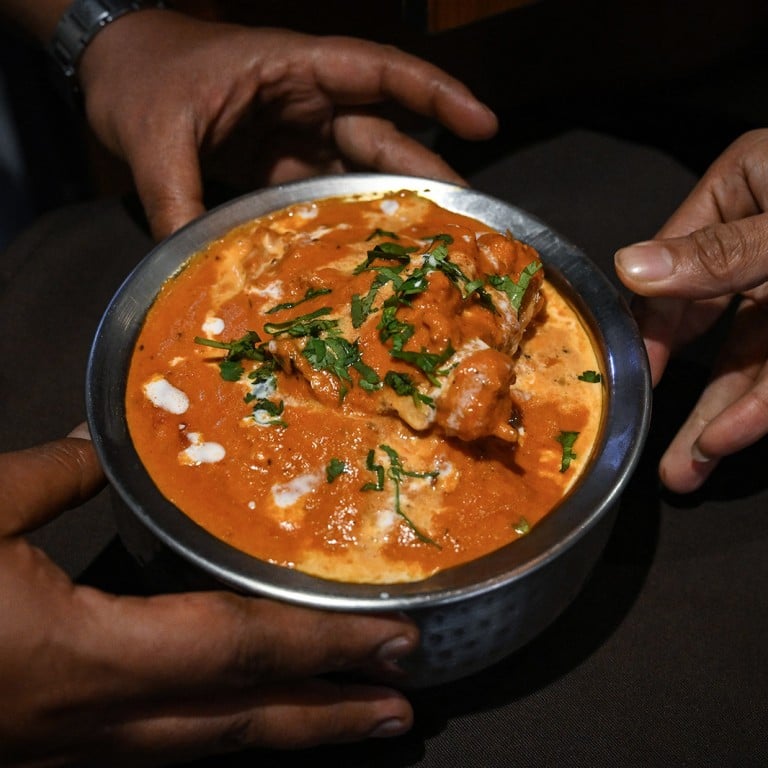
Who invented butter chicken? Spicy legal drama erupts in India with Moti Mahal, Daryaganj restaurants’ rival claims
- The Moti Mahal and Daryaganj restaurant chains are battling it out in Delhi High Court for the right to be recognised as the famous curry’s inventor
- Each accuses the other of falsely laying claim to creating the dish. Observers say it’s a ‘storm in a teacup’ – but it’s certainly good for business
Over the past few months, both sides have presented their arguments to the court, with the next hearing set for May.
Moti Mahal owners the Gujral family say it was restaurant co-founder Kundan Lal Gujral who invented the dish.
They are pursuing 20 million rupees (US$240,000) in damages for copyright infringement and unfair competition – further claiming that the Daryaganj chain copied Moti Mahal’s website layout and the ambience of its restaurants.
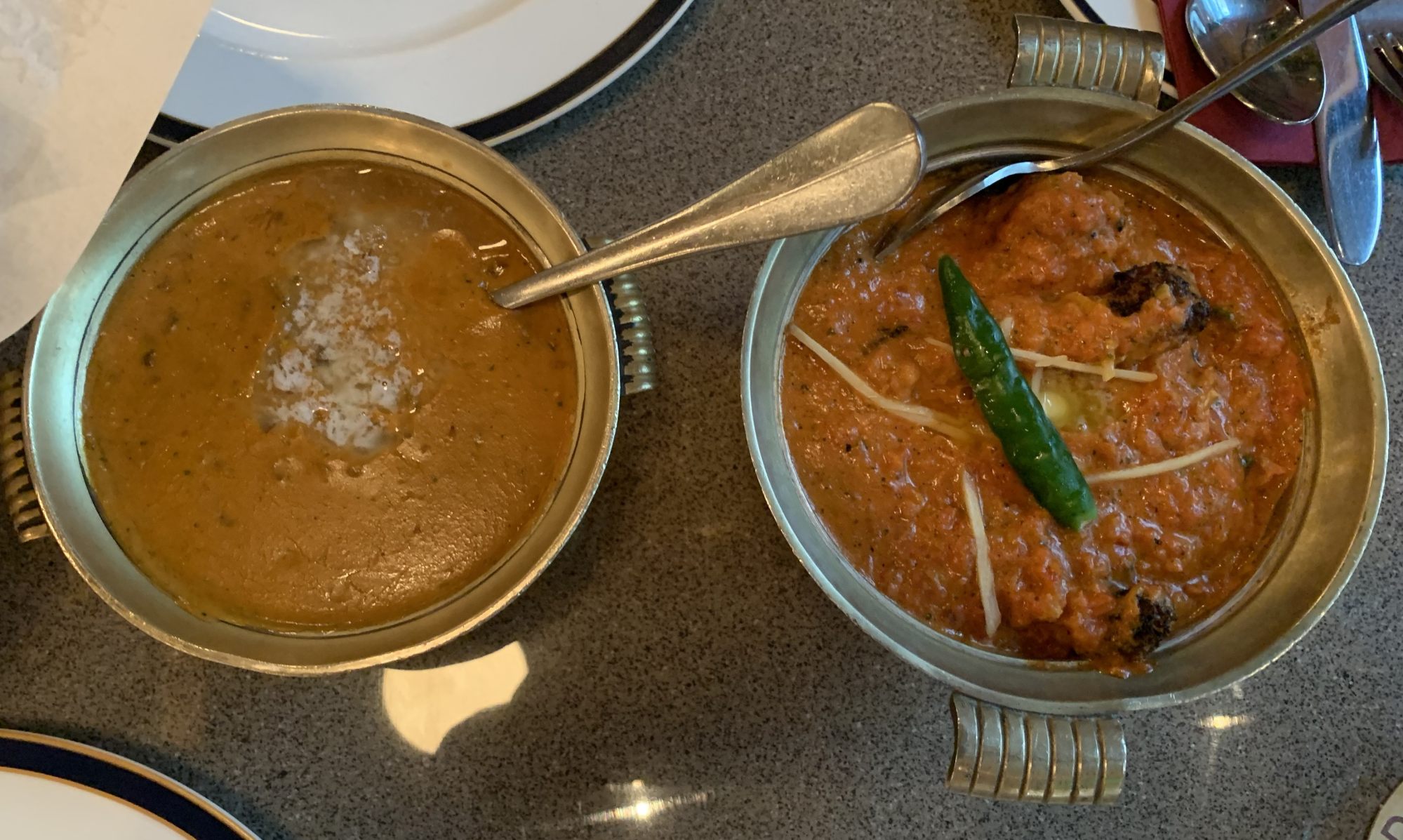
The Gujrals also accuse Daryaganj of falsely claiming credit for the invention of a second dish, a lentil stew called dal makhani, which the family says was the brainchild of Kundan Lal Gujral.
For their part, the people behind Daryaganj insist it was Moti Mahal’s other co-founder, Kundan Lal Jaggi, who invented both dishes back in 1947.
Jaggi’s grandson Raghav Jaggi has been using the strapline “by the inventors of butter chicken and dal makhani” to market the restaurant since it opened in 2019.
“Here begins the challenge of going back in history and trying to prove who created what,” Indian archaeologist and culinary anthropologist Kurush Dalal told This Week in Asia. “This is going to be the biggest issue for both parties.”
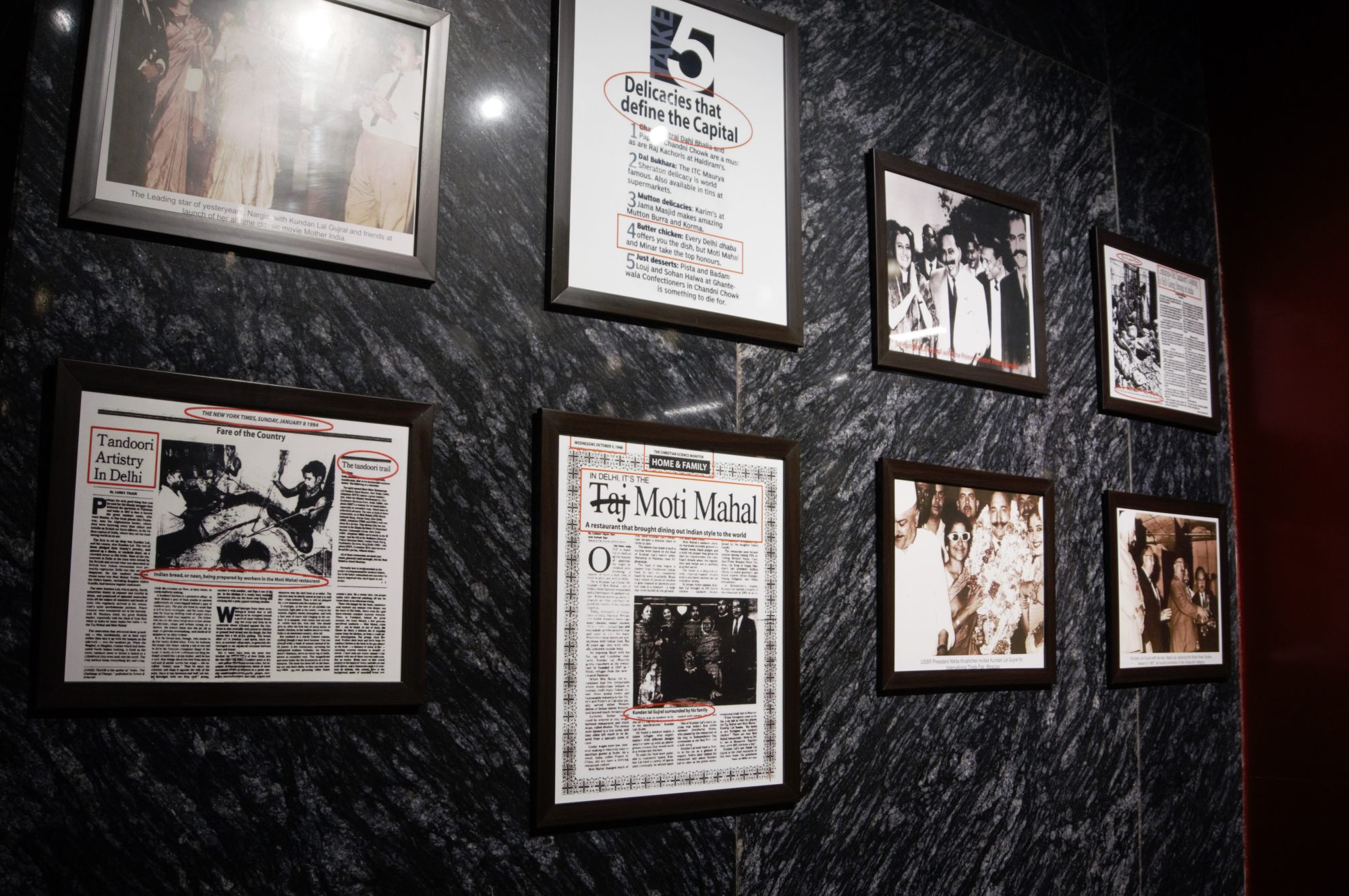
Cloudy culinary history
There are some details that the descendants of Gujral and Jaggi agree on, according to interviews conducted with restaurant managers and family members by This Week in Asia.
Both also agree that Gujral and Jaggi fled to Delhi, where they later opened the original Moti Mahal eatery alongside a third business partner.
But this is where the rival families’ stories start to deviate.
This is a storm in a teacup … but it has brought a lot of foot traffic to the doors of both restaurants
Monish Gujral, now managing director of Moti Mahal, told the Delhi court that his grandfather Kundan Lal Gujral created the dish after pondering what he should do with the leftover tandoori chicken in his restaurant.
He devised a recipe to cook the leftovers in a gravy of chopped tomatoes, cream, butter and spices, so the story goes.
But Amit Bagga, who runs Daryaganj with Raghav Jaggi, says the dish was the product of a happy coincidence.
“[Raghav’s] grandfather had to cook for a large group right before closing time and only had some pieces of tandoori chicken so he made a gravy and added the chicken to it to create a big hearty meal for everyone,” Bagga said.
Deciding which story is more true to history will be a challenge for the courts, said Tulasi Srinivas, a professor of anthropology who specialises in South Asian food cultures at Emerson College’s Marlboro Institute for Liberal Arts and Interdisciplinary Studies in Boston.
“Food provenance is fraught in a country as old as India with such historic culinary traditions, but in this case to bring it down as an invention of a singular person makes this very complex for the courts to decide,” she told This Week in Asia.
Is demand for millet in India proof of its superfood status or mere hype?
Moti Mahal has had much success over the decades, hosting famous guests including the late US President Richard Nixon and India’s first prime minister Jawaharlal Nehru.
Still, the three business partners behind the original Moti Mahal decided to close it down in 1992. Shortly after, Gujral’s family revived the brand as Moti Mahal Delux and the chain has since opened more than 150 restaurants and franchise locations worldwide, according to its website.
After opening its first flagship restaurant in 2019, Daryaganj now has 10 locations across India and is planning to open its first international branch in Bangkok later this year.
“We started this restaurant because we thought it was time to tell Kundan Lal Jaggi’s story to the world,” Bagga said. “And I thought, what better way to tell his story than through a restaurant?”
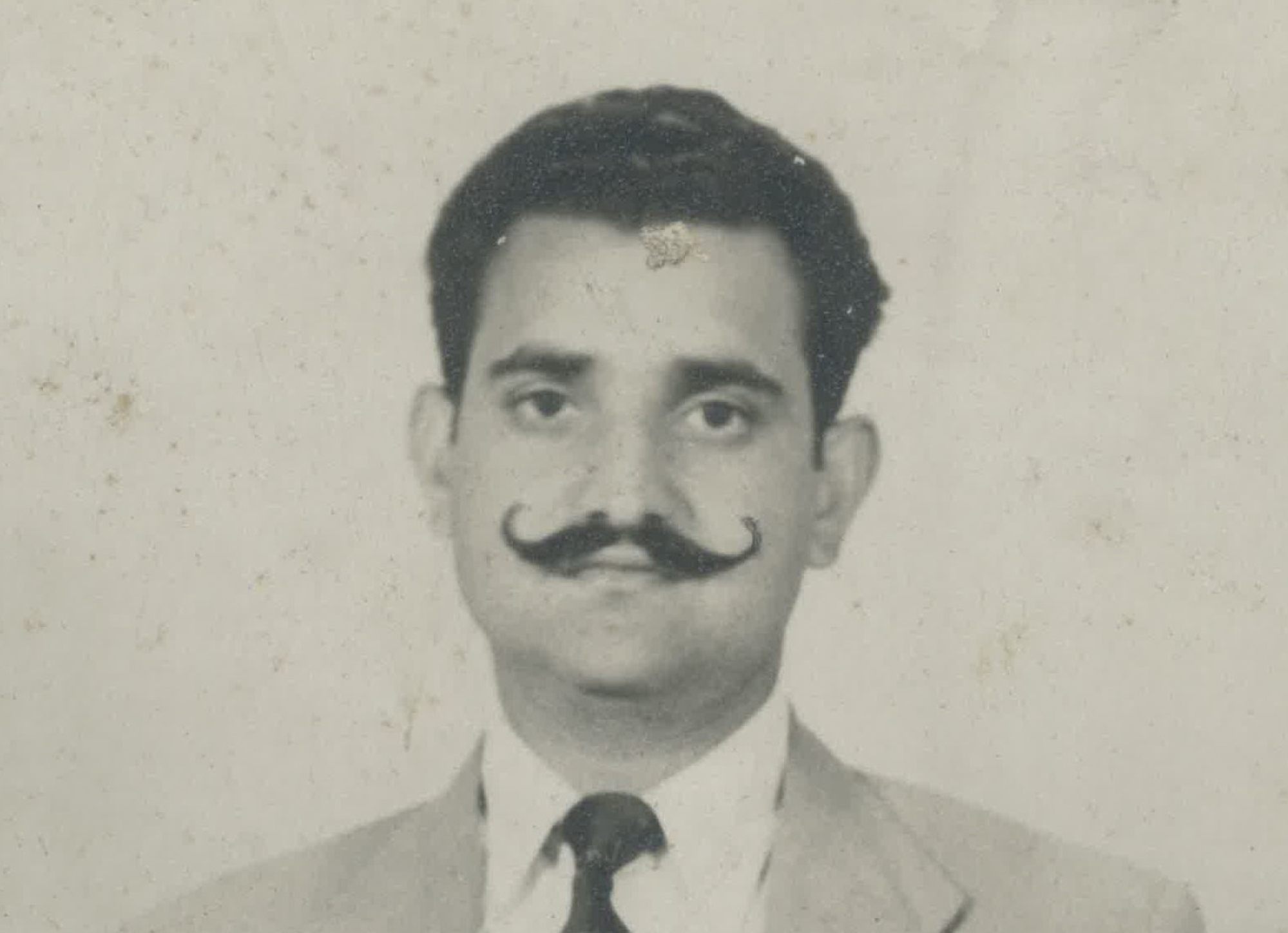
Dalal, the culinary anthropologist, said that for many Indians, butter chicken is synonymous with Moti Mahal because of its long history and prominence in the Delhi food scene.
“For so many years, those at [Daryaganj] did not seem to have an issue with not being the original butter chicken [creator]. And now, to say they have the original recipe … you can see why Moti Mahal would think of them as trying to muscle in on their legacy,” he said.
According to Srinivas, this legal battle is “less about who created the dish and more about who owns the brand” – particularly as both restaurants seek to expand their presence worldwide.
“This is interesting to people in the [Indian] subcontinent but also to have the tagline of the inventors of such a beloved dish – everyone knows butter chicken now – it brings value to your brand on the global stage,” she said.
Daryaganj was featured last year on the second season of the Indian version of Shark Tank, the reality television show in which aspiring entrepreneurs pitch their business models to a panel of investors, receiving an offer that valued the business at almost US$11 million.
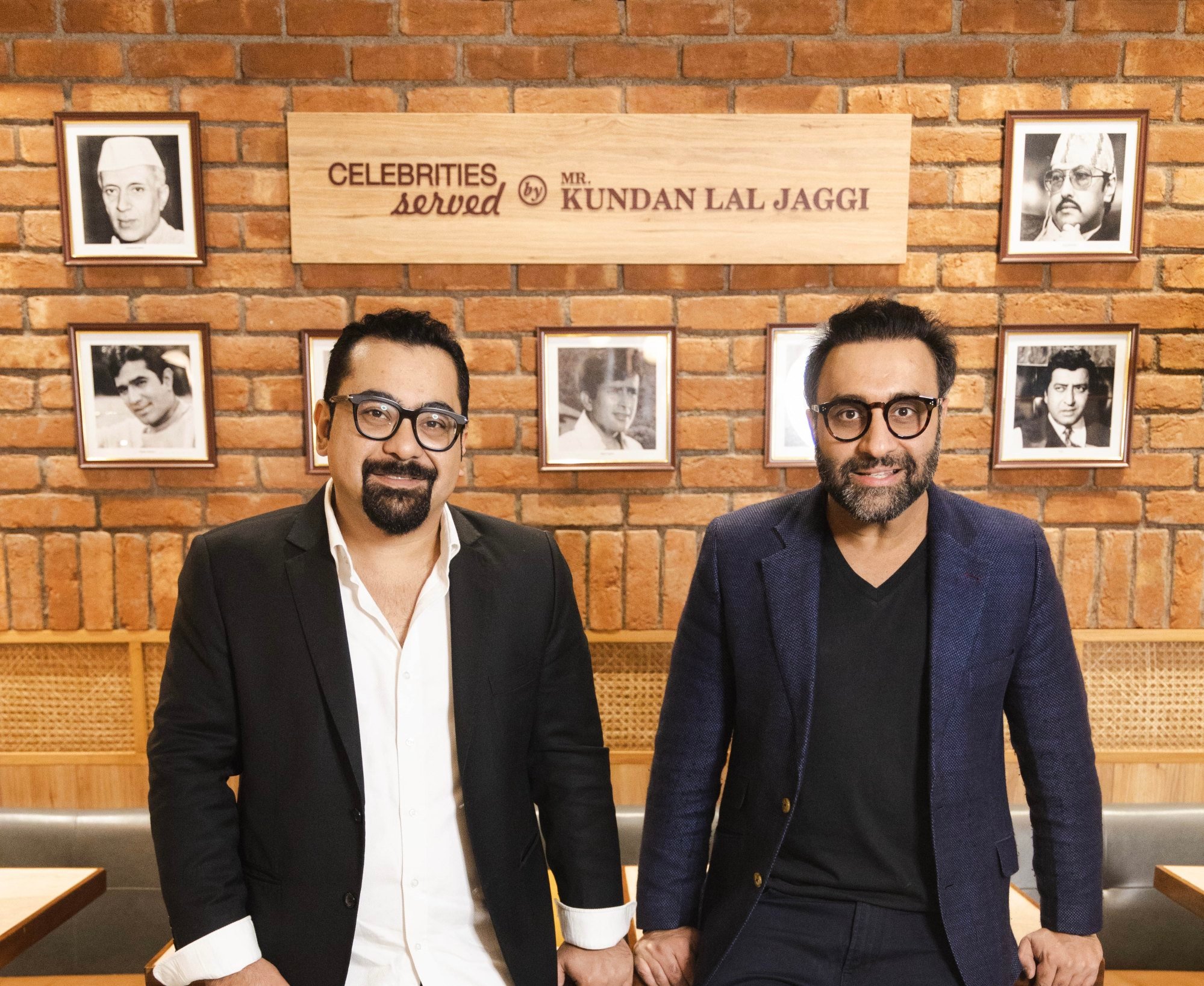
Daryaganj CEO Bagga said the restaurant has not made any associations with the Moti Mahal brand because Daryaganj is a separate entity “with its own identity”.
“But the history is there and the evidence is there to show that Kundan Lal Jaggi started that restaurant [Moti Mahal] too, so we are preserving his legacy through our brand,” he said.
“We have asked for a dismissal of the case because we see no ground or basis for it. It is baseless because we have a registered trademark on our slogan.”
Ameet Datta, an intellectual-property lawyer, called the lawsuit a “tough case” to take to trial given that so much time has elapsed since the dish was created.
“This case will, at best, be able to turn up circumstantial evidence – if any – [such as] oral testimony and any third party statements or documents which predate the claim by the opposite party,” he said.
Unsurprisingly, the court case has helped garner significant publicity and boosted business at Moti Mahal and Daryaganj, according to managers at the two chains.
“This is a storm in a teacup, and many might see it that way,” culinary anthropologist Dalal said.
“But what it has done is it has brought a lot of foot traffic to the doors of both restaurants.”

